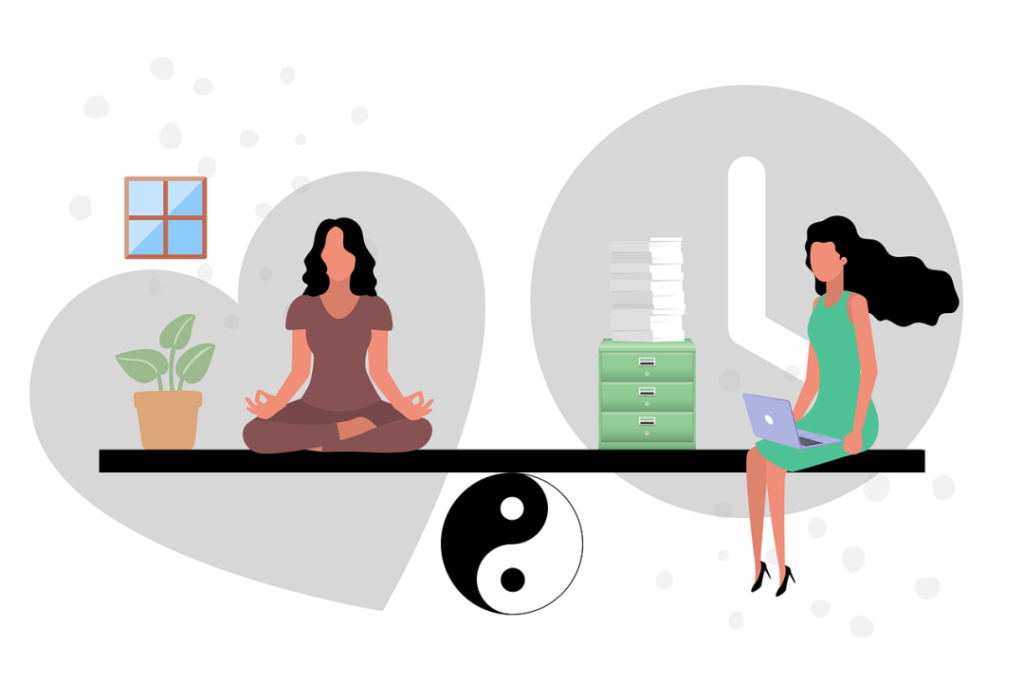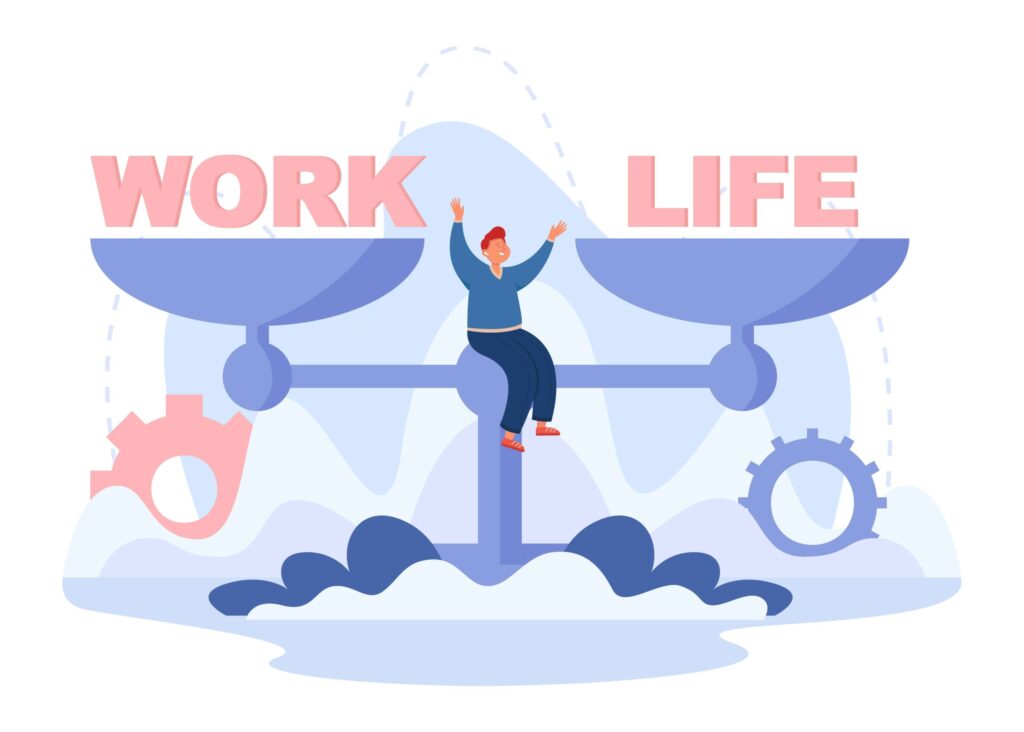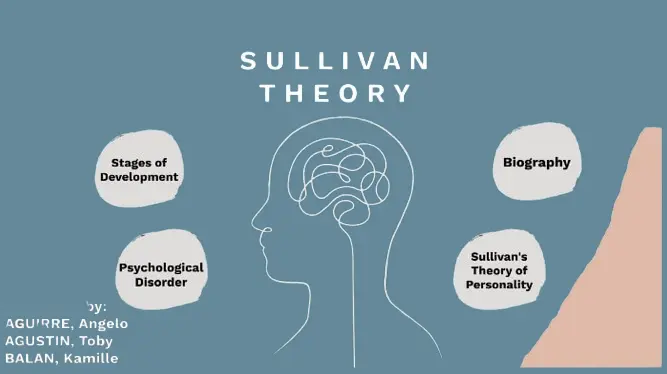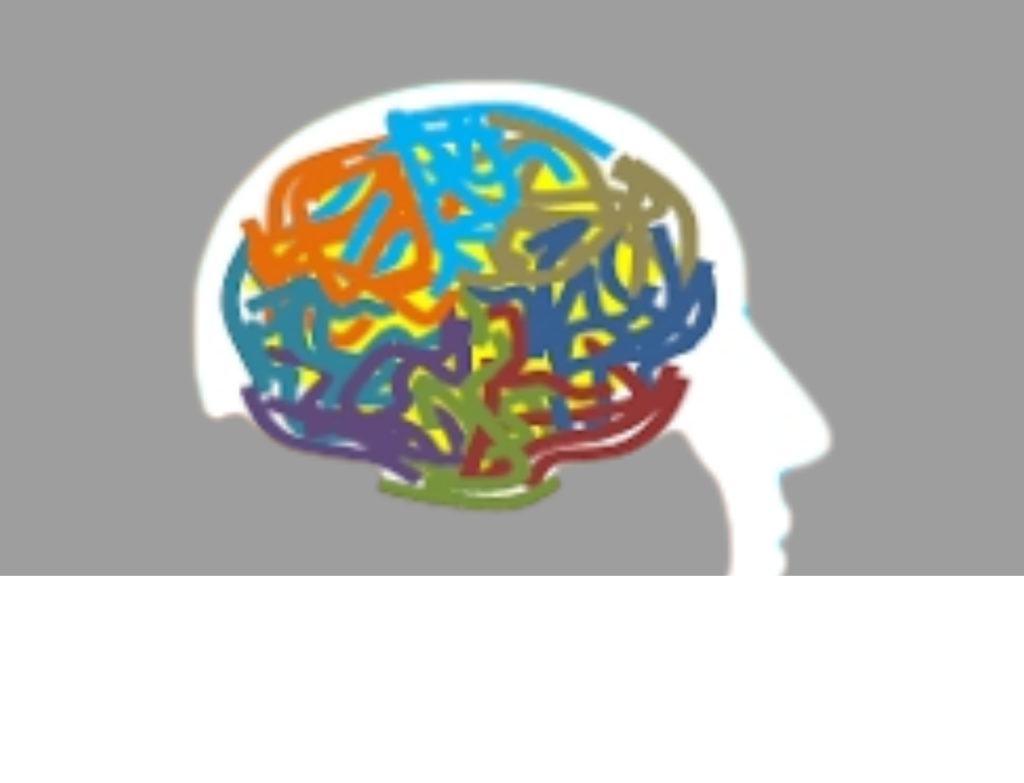Introduction
In today’s fast-paced world, many people feel overwhelmed, exhausted, and disconnected from themselves. The constant pressure of work, responsibilities, relationships, and technology makes it difficult to find peace and clarity. That’s where the concept of Living with Balance comes in.

Living with balance is about creating harmony between your mind, body, emotions, and daily responsibilities. It doesn’t mean living a perfect life without challenges, but it does mean learning how to navigate those challenges with clarity, resilience, and self-awareness.
This guide explores what it truly means to live a balanced life, why it is important, and practical ways to achieve it.
The Concept of Balance in Life
Balance Between Work, Health, and Relationships
True balance is not about giving equal time to every area of life, but about understanding what matters most and aligning your time and energy accordingly. Work, health, and relationships are often the three pillars people struggle to manage.
- Work provides security and purpose but can consume us if not managed.
- Health is the foundation of everything, yet often neglected.
- Relationships bring joy and support but can also cause stress if boundaries are not clear.
Misconceptions About Balance
Many people think balance means a perfectly equal lifestyle where everything gets the same attention. In reality, balance is about adjustment and flexibility. Some days, work requires more energy; other times, health or relationships need more focus.
Signs Your Life Is Out of Balance
- Constant fatigue or burnout.
- Neglecting self-care.
- Strained relationships.
- Difficulty concentrating.
- Feeling unfulfilled or restless.
Benefits of Living with Balance
Living with balance transforms not just your daily routine, but your entire quality of life.

- Mental and Emotional Well-Being
- Reduces stress and anxiety.
- Encourages emotional stability.
- Improves resilience against setbacks.
- Increased Focus and Productivity
- Balanced living allows you to perform tasks more efficiently.
- Prevents burnout by managing workload and rest effectively.
- Stronger Relationships
- Emotional balance fosters better communication.
- You become more present with loved ones.
- Better Health and Longevity
- Balanced routines include proper sleep, nutrition, and physical activity.
- Lowers the risk of chronic illness linked to stress.
Core Areas of Balance in Daily Life
Work-Life Balance
Learning to separate professional responsibilities from personal time is essential. Without balance, overwork leads to exhaustion, while neglecting work causes insecurity.
Emotional Balance and Self-Awareness
Recognizing and managing your emotions is key to living with balance. Emotional regulation creates stability and reduces conflict in relationships.
Physical Health and Wellness
Your physical body needs balance through movement, rest, and nourishment. Prioritizing exercise, sleep, and proper diet supports overall well-being.
Social Connections and Relationships
Balanced living includes nurturing relationships without overextending yourself. Healthy boundaries protect your energy.
Spiritual or Inner Peace
For many, balance includes spiritual growth—whether through faith, meditation, or mindfulness practices. It creates inner calm and direction.
Practical Strategies for Living with Balance
Time Management and Prioritization
- Use tools like planners or digital calendars.
- Focus on the most important tasks first.
- Break tasks into smaller, manageable steps.
Setting Healthy Boundaries
- Learn to say “no” when necessary.
- Limit overcommitment to avoid burnout.
- Protect personal time for self-care.
Stress Management Techniques
- Practice deep breathing exercises.
- Incorporate regular movement such as yoga or walking.
- Use journaling to process emotions.
Mindfulness and Meditation Practices
- Spend a few minutes each day in stillness.
- Use mindfulness to become more present in everyday life.
- Meditation helps clear mental clutter and restores focus.
Creating Routines That Support Harmony
- Morning routines create a positive tone for the day.
- Evening rituals promote rest and reflection.
- Consistency builds stability in daily life.
Overcoming Challenges to Balance
Dealing With Overwork and Burnout
Burnout often comes from neglecting rest. To recover, take intentional breaks, delegate tasks, and reassess workload priorities.
Coping With Emotional Overwhelm
When emotions become too heavy, step back, practice grounding techniques, or talk to a trusted friend.
Navigating Technology and Distractions
Excessive screen time disrupts balance. Set screen-free hours and use technology intentionally.
Letting Go of Perfectionism
Striving for perfection creates unnecessary pressure. Living with balance means accepting imperfection while focusing on progress.
Daily Habits That Encourage Balance
- Morning Rituals: Stretching, meditation, or gratitude journaling.
- Nutrition: Eating wholesome meals regularly.
- Exercise: Consistent movement for energy and clarity.
- Evening Reflection: Writing down what went well during the day.
- Digital Detox: Unplugging from devices before bed.
Living with Balance in Relationships
Healthy relationships are a crucial part of balanced living.
- Balancing Personal Needs with Others’ Needs: Ensure you are not sacrificing yourself completely.
- Communication and Boundary Setting: Be open, honest, and firm when needed.
- Building Supportive Connections: Surround yourself with people who uplift and respect you.
Long-Term Perspective on Balance
Balance is not a one-time achievement—it is a lifelong practice. Life will always bring challenges, but with resilience and adaptability, balance can be maintained.
- Continuous Journey: Every stage of life requires new adjustments.
- Adaptation: Learning to shift priorities during life transitions.
- Embracing Imperfection: True balance comes when you stop chasing perfection and start valuing harmony.
Conclusion
Living with balance is about creating harmony in every aspect of your life. It involves self-awareness, time management, emotional regulation, and consistent daily habits. While challenges will always exist, a balanced lifestyle allows you to navigate them with strength and clarity.
When you live with balance, you experience greater peace, productivity, and fulfillment. It is not about doing everything equally—it is about doing what matters most with presence and intention



